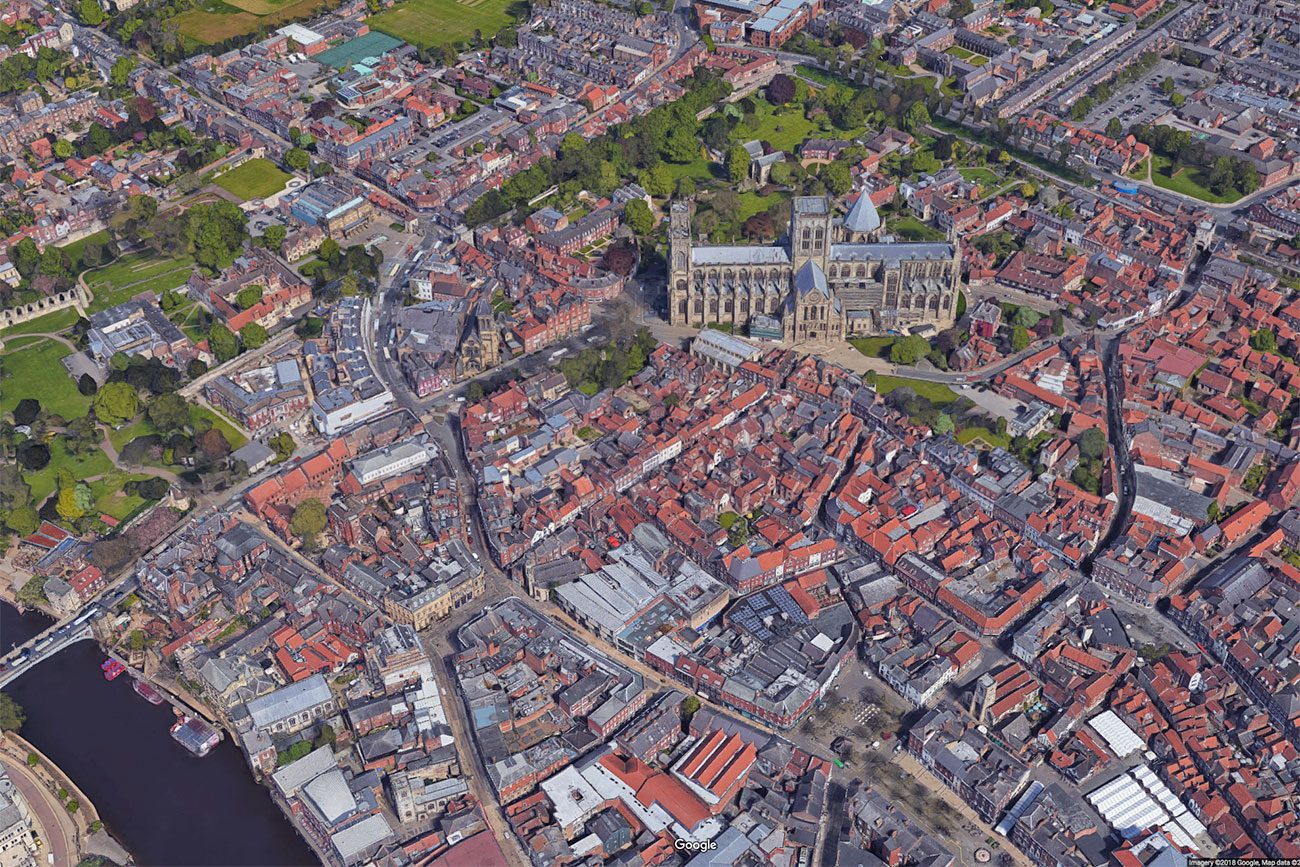York is inching ever nearer to having its first Local Plan for 60 years.
York’s Local Plan has been approved by councillors in a vote taken on Thursday night (May 17) after years of delays and revisions.
Ruling city councillors won their bid to approve and submit the draft plan – which sets out where homes can be built and businesses can expand for the next 15 years – in a crunch meeting at the Gillygate Citadel.
Conservative and Lib Dem councillors won by 23 votes to 15, meaning the local authority can send its draft plan to central government with just two weeks to spare before a key deadline.
York has been without a formal plan since the 1950s, and late last year the city council was put ‘on notice’ by government ministers to finish drawing up a plan by May 31.
New homes controversy

Initial figures said 867 new homes a year, but that was thrown into doubt when new government calculations suggested York in reality needed just over 1,000 new homes a year.
On Thursday night Lib Dem councillor Nigel Ayre said the current plan would deliver 923 homes a year – a figure that has at different points been accepted by developers, people in York, and political parties.
That was contested by Labour group leader Janet Looker, who said the last Labour administration in the council had in fact proposed a figure “in the mid 900s”.
Questions have also been raised about a large site near Elvington – known as Langwith or Whinthorpe – where initial numbers have been cut back to 3,300 – a number which opposition councillors warned will not be enough to create a new community or support new infrastructure like roads or schools.
Last night former council leader Cllr David Carr echoed those fears, and said what is a “good” plan could have been “great” if it had exploited the opportunities for self-contained, sustainable communities like a larger Langwith site.
Reaction
Council leader Cllr Ian Gillies said they were in “last chance saloon” for York to set its own plan, with warnings that missing the deadline would lead to direct intervention by the government and bureaucrats deciding the plan instead of York councillors.
After the meeting, Cllr Gillies said he was “absolutely delighted” with the result, but admitted there were more hurdles to clear with the government inspection.
Lib Dem Cllr Keith Aspden said his group believed the plans struck the right balance between providing new housing and employment land, and stopping the city’s infrastructure being overloaded.
Labour’s Cllr Stuart Barnes said although his group voted against the draft plan they would not have been happy to see it taken into the hands of civil servants.
They still have concerns about overall numbers, and the need for self-sufficient communites and space for businesses to grow and create new jobs. He said he believed there was still a chance of direct government intervention, if the planning inspector believes the existing draft is unsound and rejects it entirely.
